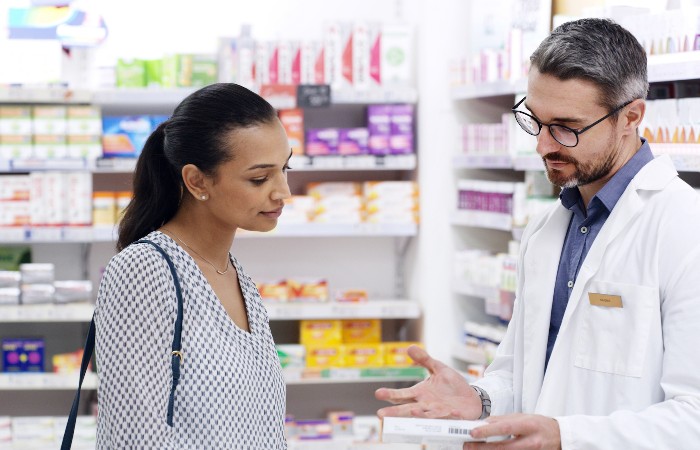PAGB study finds ‘significant room for improvement’ in self-care awareness
In NHS & health news
Follow this topic
Bookmark
Record learning outcomes
Research commissioned by the Proprietary Association of Great Britain has found almost a quarter of consumers do not think of self-care as a first option for conditions that are easy to treat.
The study of the views of 4,000 adults, carried out by Perspectus Global and published during Self Care Week which runs from November 18-24, found one in five remembered seeing a news story or campaign promoting self-care in the last year.
That, the PAGB said, rose to 29 per cent for 18 to 24-year-olds, while 72 per cent said they were more likely to self-care if they saw news coverage or campaign materials. That figure increased to 79 per cent among the youngest respondents.
The importance of self-care awareness was underlined by the statistic that revealed 23 per cent of 25 to 34-year-olds would go to a GP for a minor ailment or injury they could treat themselves. That was lower at 9 per cent for those aged 65 or older.
Fifty-six per cent of all respondents said they go to their GP for a UTI, 27 per cent for thrush, 20 per cent for acne and 20 per cent for conjunctivitis.
The research also laid bare what the PAGB said was a “generation gap when it comes to confidence around self-care.” Fifty-nine per cent of 18 to 24-year-olds who sought a GP appointment were referred to a pharmacist, compared with 32 per cent overall.
The PAGB said 18 to 24-year-olds were “far more likely to request a GP appointment to access free prescription medicines.” The research found that influenced the decisions of 52 per cent compared with six per cent of over-60s.
Worrying questions about women’s ability to access care
The PAGB said the study raised “some worrying questions around women’s ability to access care for conditions such as period pain and menopause symptoms.”
Over half – 57 per cent – of women who experienced menopause symptoms said they found it impossible or difficult to get a GP appointment, while 53 per cent experiencing period pain also struggled to access a GP.
“These challenges are often dismissed an inevitable part of being a woman, but the National Institute of Health and Care Excellence acknowledges that as many as half those who experience primary dysmenorrhea, the medical term for severe menstrual cramps and pain, miss at least one day of work or school each month,” said PAGB CEO Michelle Riddalls.
However, the PAGB said 69 per cent of women felt they could access information to self-care for conditions such as thrush, UTIs and period pain.
The PAGB also said 68 per cent used the NHS website to get information, 43 per cent went to their GP surgery and 38 per cent to a pharmacist.
Riddalls said although public and NHS awareness of self-care has improved because of the PAGB’s “educational outreach and activities such as Self-Care Week,” there was “significant room for improvement.”

